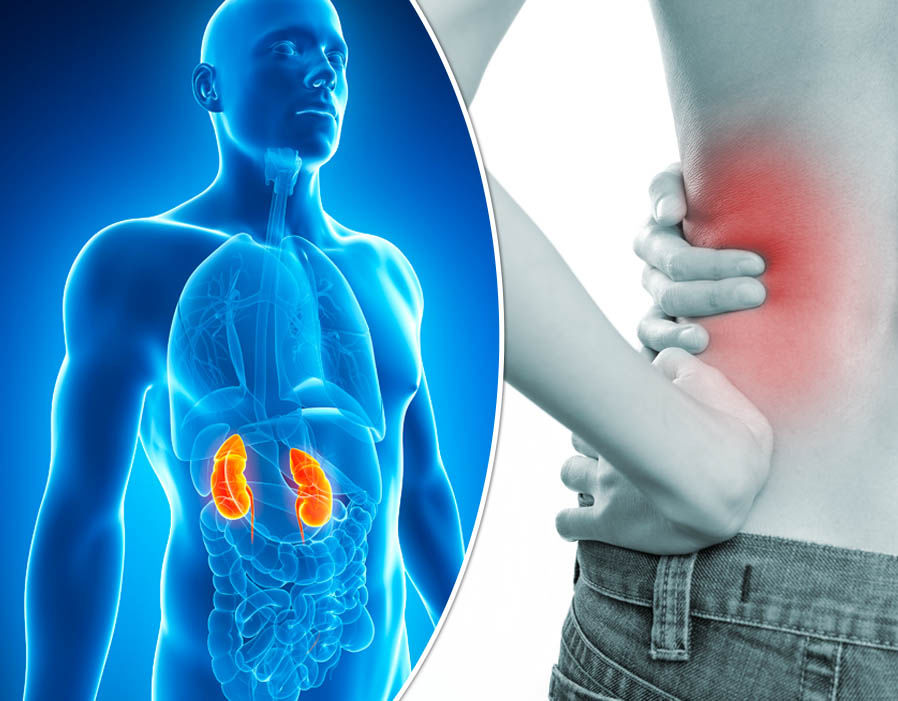
Kidney Disease
The kidneys are two bean-shaped organs. Each kidney is about the size of a fist. Your kidneys filter extra water and wastes out of your blood and make urine. Kidney disease means your kidneys are damaged and can’t filter blood the way they should.
You are at greater risk for kidney disease if you have diabetes or high blood pressure. If you experience kidney failure, treatments include kidney transplant or dialysis. Other kidney problems include acute kidney injury, kidney cysts, kidney stones, and kidney infections.
Symptoms of chronic kidney disease
Chronic kidney disease (CKD) usually gets worse slowly, and symptoms may not appear until your kidneys are badly damaged. In the late stages of CKD, as you are nearing kidney failure (ESRD), you may notice symptoms that are caused by waste and extra fluid building up in your body.
You may notice one or more of the following symptoms if your kidneys are beginning to fail:
Itching
Muscle cramps
Nausea and vomiting
Not feeling hungry
Swelling in your feet and ankles
Too much urine (pee) or not enough urine
Trouble catching your breath
Trouble sleeping

